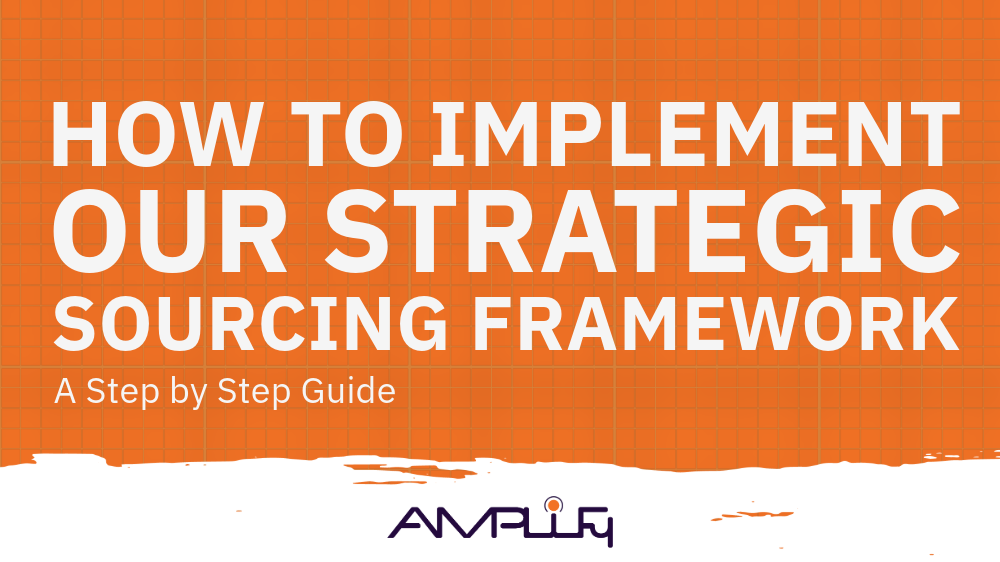Why Are Billionaires Racing to Space?
Billionaires Jeff Bezos, Richard Branson, and Elon Musk have space on the brain these days, with each of these tycoons making headline news by going to great lengths to launch themselves into the history books—all funded by their own cash, I might add. A whole lot of it. According to Business Insider, Branson spent an estimated whopping $841 million for his recent trip to space.
So, why are billionaires making a beeline for space all of a sudden? As you look around and see the wildfires, hurricanes, droughts, and floods coming at us in increasing amounts, you might ask yourself: “Do these space cowboys know something we don’t? And what’s going to happen to Earth in the next 20 years that they’re so adamant about getting off this rock?”
Now, I’m not trying to be an alarmist, but seeing this pattern, you might be asking yourself about these uber-rich: What’s in it for them?
Is It Greed?
This was my first thought, as these three are acute businessmen before anything else, and the untapped frontier of space tourism seems to be drawing them in like an intergalactic magnetic force field—with the promise of quite a lucrative payout. As for Branson’s planned Virgin Atlantic space tourism endeavor, even the Beatles’ eyes would be bugging, with each ticket to ride costing wannabe honorary astronauts $250,000 a pop. Needless to say, these guys are going to make bank.
Or, Can We Chalk It Up to Ego?
Money aside, is it that these men want the bragging rights of being the very first? Like dog’s marking their territory in a bold and new frontier? This would make sense. After all, everybody knows Neil Armstrong and Buzz Aldrin—their monikers becoming household names after they made history as the first men to travel to—and in Neil’s case, walk on—the moon.
While the desire to make your mark in history—to leave a legacy behind—is understandable, you have to ask: Isn’t there something more that could be done with those billions? Could that incredible amount of dough not be better-spent funding research for discovering a way to eradicate the coronavirus that’s currently killing millions? Or what about cancer? The last I heard, that was still a big deal.
What about billions to help millions of people versus billions to glorify one person?
Criticism of these billionaire-sponsored private space flights has some questioning this use of funds. Forbes writer Nicholas Reiman said, “the shift to privatization hasn’t just put billionaire’s companies at the forefront of scientific achievements—it’s accelerated the push for space tourism programs, which for now come with price tags solely restricted to the ultrawealthy.”
In the words of many these days, it seems like Bezos, Musk, and Branson need to “read the room,” realizing that such decadence in spending on what appears to be a vanity project clashes with society’s current state of (dire) affairs.
Among these naysayers is none other than Bernie Sanders, who recently engaged in a bit of a Twitter sparring match by addressing Musk in particular.
Sanders commented: “Space travel is an exciting idea, but right now we need to focus on Earth and create a progressive tax system so that children don’t go hungry, people are not homeless, and all Americans have healthcare. The level of inequality in America is obscene and a threat to our democracy.”




